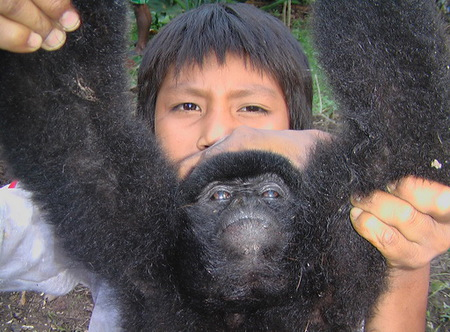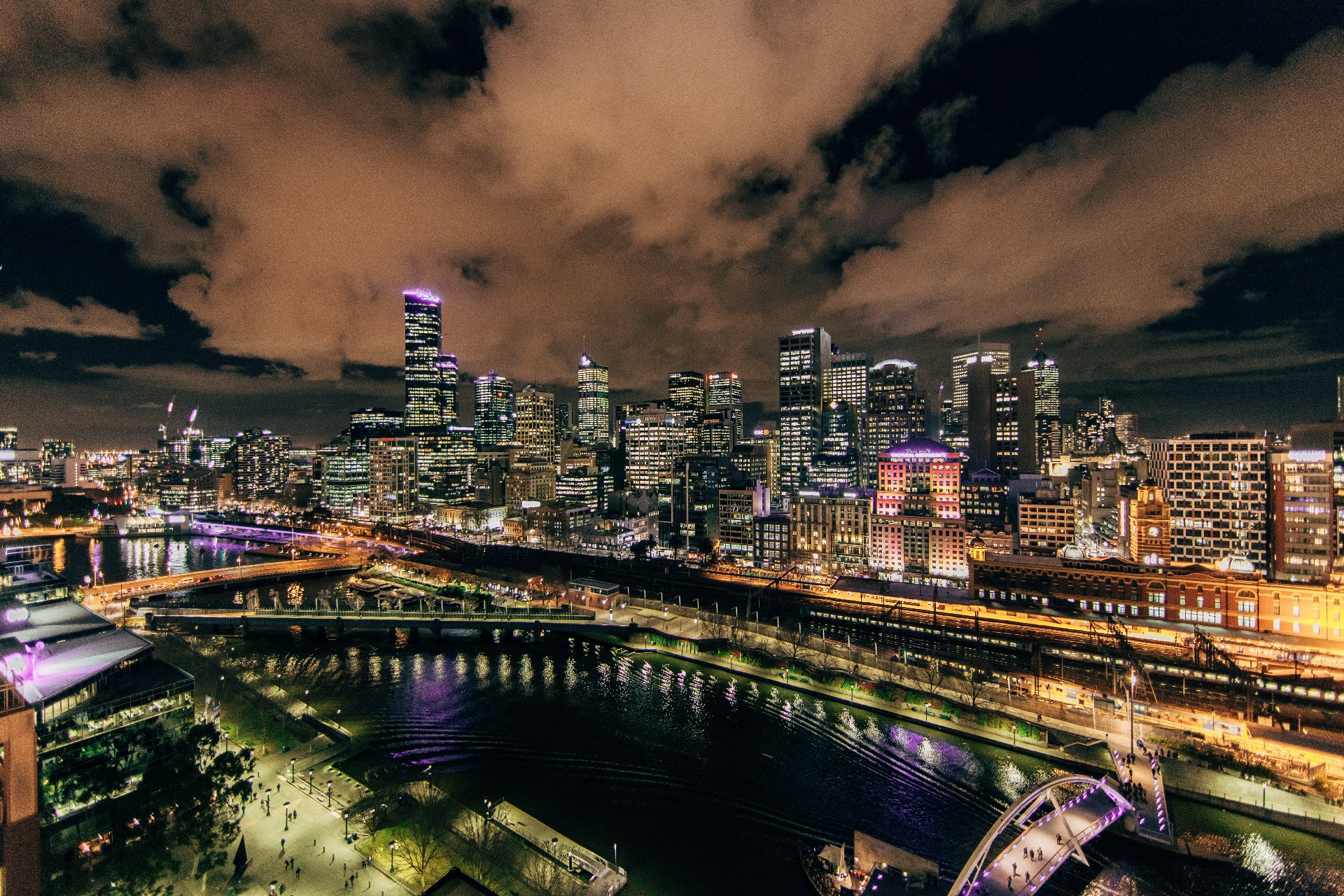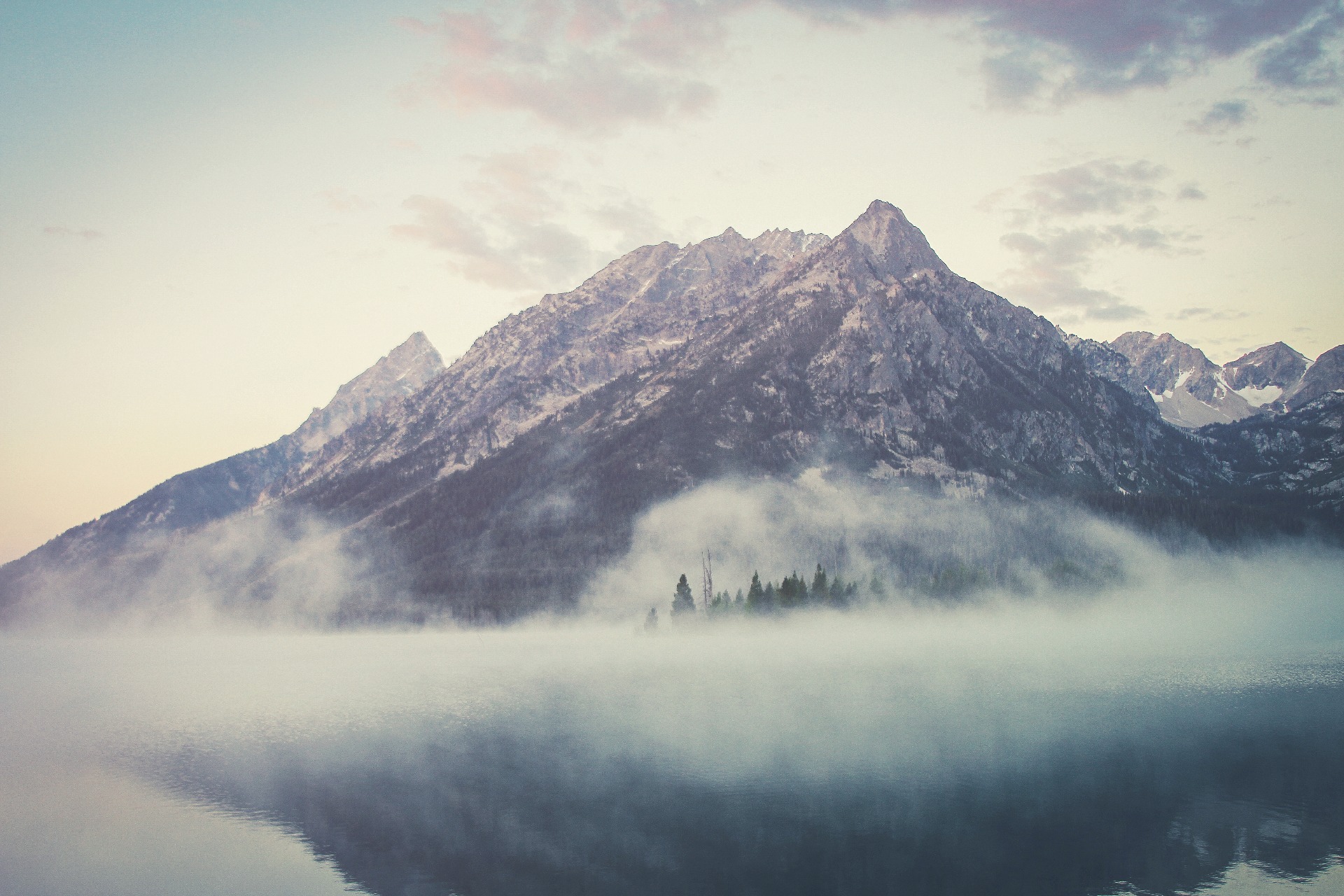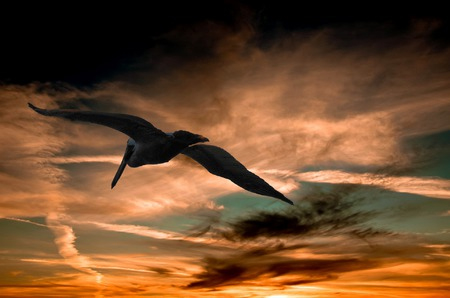
4. You shall appreciate the diversity of our world

"...The great majority become extinct for reasons related to human activity. Because of us, thousands of species will no longer give glory to God by their very existence, nor convey their message to us. We have no such right."
LS, 33
"Variety is the spice of life", the idiom goes, and it expresses the appreciation that popular wisdom, built on experience, gives to diversity. The green decalogue, whose fourth principle we publish this month, "you shall appreciate the diversity of our world", makes it a mandate, which means that not fulfilling it, not attending to it, carries with it the danger of losing it.
According to UN reports, 150 animal species are currently lost every day. Although statistical data can leave us cold or indifferent, it tells us of a reality that happens and, the serious thing is, many of the animal and plant species that are lost disappear without us having come to know them, along with all their wealth of information and knowledge that we will no longer be able to learn. "...The great majority become extinct for reasons related to human activity. Because of us, thousands of species will no longer give glory to God by their very existence, nor convey their message to us. We have no such right."(LS 33).
We are so used to having almost everything, things that seem unlimited or easily obtainable, that only scarcity makes us worry that it may not be available or that we may have to regret its loss. On the other hand, the search for new ways to obtain private or public resources or benefits immediately leads us to a lack of concern for the impact it might have on others or in the future, but, "Caring for ecosystems demands far-sightedness, since no one looking for quick and easy profit is truly interested in their preservation" (LS 36).

Red macaw in the Peruvian Amazon, in danger of extinction.
Very striking situations that refer to large terrestrial ecosystems, such as the deterioration of large tropical forests or the retreat of polar ice, tend to attract our attention. However, there are events that occur in our vicinity, such as the alarming reduction in the population of sparrows or bees; or the progressive degradation or disappearance of agricultural ecosystems such as the Vega de Granada, the orchards of Murcia and Valencia; and countless other fertile spaces nearby or in the environment of our populations, which for centuries have been a source of sustenance
and wealth for the population, and which have disappeared or disappear before our indifference or even with our participation. These transformations that we force onto our surroundings through actions that are often hasty, interested, short-sighted and selfish for not looking at the global reach, have consequences that go beyond the appearance in terms of affecting spaces, people and living beings - the sustainability of the whole.
Attention to the environmental and social consequences of these transformations, which take place in our immediate environment and directly affect us, can make it easier for us to understand and become aware of the changes and problems generated by various human actions that are carried out. These actions are motivated by an interest of immediate economic benefit and performed in places far from us geographically. They entail deterioration of the environment, deprivation of the means of life for living beings, doomed to disappear, and forced displacement of human beings from their places of origin - with all the deficiencies and poverty that this means. Today, we have instant knowledge of all this thanks to the information given to us by the different media. We assume it as something that allows us to sustain development, growth and the level of consumption. However, we are increasingly aware that the lifestyle that we try to maintain is not compatible with the sustainability of the sources of life that we have been given to use and take care of in our planet Earth. Ban Ki-moon, former UN Secretary General, noted the relationship between caring for biodiversity and sustainable development: "We will not be able to achieve [the Sustainable Development Goals] if we do not effectively [preserve biodiversity]".
Generally, we tend to discharge or lighten responsibility of some of our decisions because we understand that they have a limited scope. Only the decisions of public decision-makers or top managers have consequences that affect us all. On the contrary, our choices as citizens and our habits also have an effect due to the "mysterious network of relations between things" (LS 20).
While we may be overwhelmed by the reality we are now becoming aware of, we may also be encouraged by knowing that it is in our hands to change it.
Voices that claim...

César Tánguila
Kichwa people (Ecuador)
"No more looting our Amazon"
"It hurts us that our identity is being lost; oil, mining, logging and other issues of the young in which our culture is also involved are harming us. Our identity is lost; our ways are lost. No more. In this case, we must fight together. Together, we are a community and in unity, there is strength. Let us think, reason and put our hand on our heart to defend our unpolluted environment. So far, a few of us have healthy resources, but in other affected parts of the community only misery remains. No more looting our Amazon.
Our ancestors did not fail, they were anthropologists, scientists, astrologers, etc. Through nature, they taught us to live, to greet, to share, to live the culture, the cosmovision; that was spirituality.
That is why it is necessary to appreciate the valuable, so that our identity is not lost, so that these values strengthen our life. Because, without culture, there is no life."

Luis Campuzano, "Sandalio"
Cantabria, Spain
The richness of human diversity...
"After over 35 years visiting prisons and chopanos (slums where the homeless take refuge) and welcoming so many people into our community house who come to us by circumstances of life, or by "justice" so to finish serving their sentence; or because they are looking for alternatives to a life that does not satisfy them and seek personal growth. If I had to sum up what I have learnt (leaving aside personal encounters - undoubtedly the most important factor) I would say that from real coexistence (not only from observation, diagnosis or therapy), we have easier access to knowledge and also to the healing of human diversity."
Luis Campuzano, "Sandalio", has been building a community for many years, visiting prisons and welcoming in his home, Cantabria, troubled people and those deprived of freedom. He has experience in the fields of theatre, cinema, literature and plastic arts and his main concern is to develop, describe and spread a truly universal spirituality based on experiences and not beliefs. Something urgent and necessary.
THE RICHNESS OF HUMAN DIVERSITY...
Other learnings of Luis Campuzano, "Sandalio", when living with people welcomed into the community:
- We need more and more people prepared to fight against human pollution, which is so damaging and wakes such little response; as if it were inevitable. It is so important to be educated from a young age on the limits and privileges of the human being! We believe that this struggle must be based on coexistence and fraternity; not on the distance and unevenness marked by institutions and professionalism. We have always carried out this task from a welcoming attitude, we feel that we lack the experience of feeling welcomed.
- In coexistence we have experienced a different kind of diversity: that of the defects, diseases, damages and a wickedness within human beings that can be dragged and expanded wherever they go. This has made us more aware of our inability and lack of preparation to face the unhealthy diversity that pollutes our biosphere and our humanity. It obliges us to be, out of pure necessity, in tune with Him, who gave us this task.
- We have seen the need to reshape our minds and attitudes to embrace and accept said diversity. Leading us to enlarge and universalise our beliefs, our way of seeing and being in the world, our way of facing reality.
- We have been blessed with enormous grace. We live with people of all races, continents, cultures, religions and opinions. This has made us aware of the incredible richness contained in human diversity when it is accepted as it is.


What can you do
(or stop doing)?

1. Stop and think for a moment about the wonderful diversity of our world (animals, plants, people, cultures, landscapes) and value and admire all the creatures that make up creation, because we are all connected and play a role in this world.
Francis of Assisi, in his beautiful song, reminds us of the great gift of contemplating the same Mother Earth that sustains us, that produces fruits with colourful flowers, that calms our gaze and our heart.

2. Be more respectful and tolerant towards those who are different, considering them part of a diversity that enriches us.
3. Let us approach the different, the immigrant communities, their festivals, their customs, their cultural peculiarities by opening our minds and hearts.

4. Consume food coming from ecological agriculture and cattle ranch in our area that preserve the local varieties enriching our diversity.

5. Climate change is a threat to diversity. Let us mobilise to change things and adopt a more ecological and humane lifestyle.


6. Go out to the mountain and contemplate the greatness of creation and be aware of the need to look after nature for ourselves and for future generations. You can take the opportunity to plant a tree and feel a more special relationship with the environment.

7. The Sustainable Development Objectives (SDO) 14 and 15 - "Underwater life" and "Life of terrestrial ecosystems" respectively - are closely related to the biological diversity of the planet. Ask yourself about the link between caring for biodiversity and the sustainable human development model and join those who advocate a world that respects diversity.

8. Let us be aware of the importance of diversity when we shop. Perhaps we had not stopped to think that there is life beyond large multinationals which exists and is very alive and diverse. Thousands of economic initiatives throughout the world produce and distribute products and services.
Let us be brave and take a step towards the alternatives offered by the social and solidary economy in our daily acts of consumption.
Prayer
All-powerful God,
you are present in the whole universe
and in the smallest of your creatures.
You embrace with your tenderness all that exists.
pour out upon us the power of your love,
that we may protect life and beauty.
Fill us with peace,
that we may live as brothers and sisters,
harming no one.
O God of the poor,
help us to rescue
the abandoned and forgotten of this earth,
so precious in your eyes.
Bring healing to our lives,
that we may protect the world and not prey on it,
that we may sow beauty,
not pollution and destruction.

Touch the hearts
of those who look only for gain
at the expense of the poor and the earth.
Teach us to discover the worth of each thing,
to be filled with awe and contemplation,
to recognize that we are profoundly united
with every creature
as we journey towards your infinite light.
We thank you for being with us each day.
Encourage us, we pray, in our struggle
